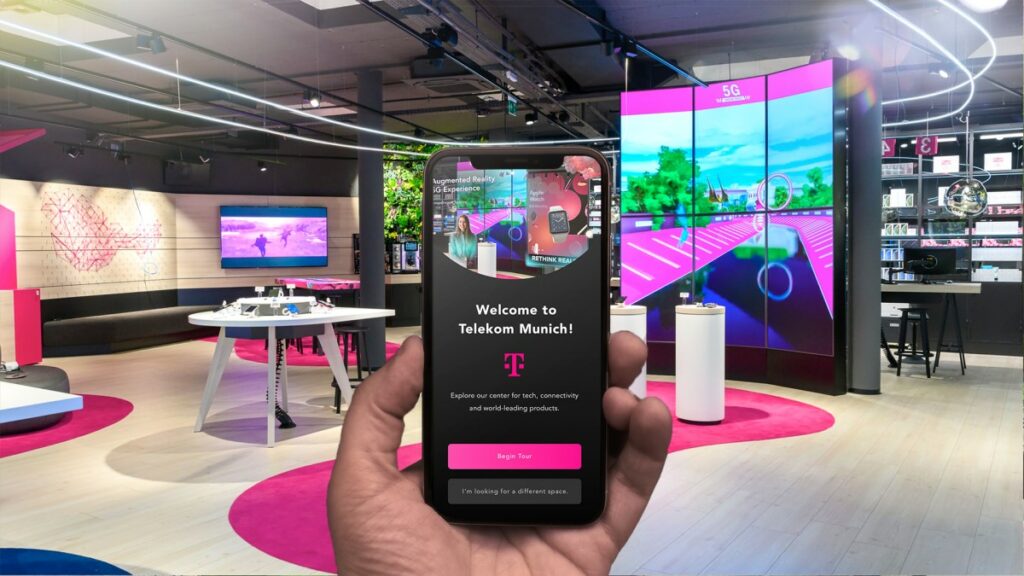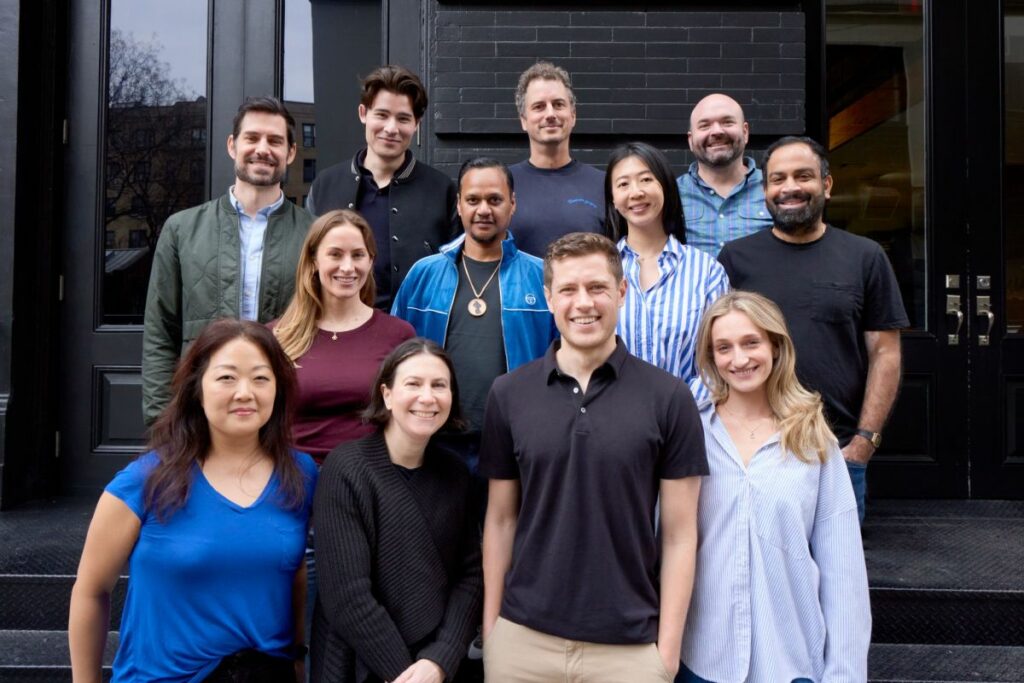Amber Hill spent 14 years as a medical researcher. She didn’t mind the work, but there was one thing she consistently hated: administrative tasks.
“I think most people do, especially in research,” she told TechCrunch. She would rather be analyzing data or building relationships with patients, she said. “But I was spending so much time doing manual tasks that didn’t require any medical expertise. It’s a process that’s completely broken, and I knew it could be fixed.”
So, she did what any problem solver would do: She launched a company.
Her startup, called Research Grid, was founded in London in 2020. The company is trying to make clinical trials more efficient by automating administrative and data management workflow. It hails itself as the the only software that can automate full back-office trials.
Research Grid on Tuesday announced a $6.4 million seed round, led by Fuel Ventures, with participation from firms including Ada Ventures and Morgan Stanley Inclusive Venture Lab.
Research Grid consists of two patent products: Inclusive and Trial Engine. Together, the products handle tasks such as flagging protocol errors, data extraction, and workflow. Right now, clinical trials use a more manual process supported by legacy software systems that often cause expensive delays during a trial.
“They are built on old codebases, which means it’s almost impossible for them to innovate,” she said. “Our tech is already superior, and while the displacement of large players won’t happen overnight, it’s going to happen, and I don’t see why it won’t be us that does it.”
But there are other issues Research Grid hopes to tackle, such as making clinical recruitment faster and better handling pressure that often comes from the Federal Drug Administration (FDA) regarding compliance. Recruitment can take months, “it’s manual, administrative, and hard to find people,” she said. It’s also hard to do consistently when it comes to finding people who fit in a narrow, strict criteria for a research trial.
Right now, it’s a very manual process, using non-targeted social ads and parsing health records. “If there’s not enough participation, researchers can’t understand if a drug or intervention is safe and effective, which ultimately means it’s not approved by regulators to go to the people who might need it most.”
Plus, the FDA has now made it a requirement to make clinical trials more diverse, since women and people of color are often left out of medical trials. Hill sought to build a customer relationship management feature in Research Grid that has more than 80,000 groups, across 157 countries representing around 2,000 medical conditions, she said. “It uses AI to extend far beyond traditional methods of finding people,” she said. “It helps out partners to find who they need to find in seconds rather than months.”
Hill was introduced to her lead investor by the EMEA team of the venture firm Plug and Play, who came into this round early. The company, which has raised $8 million in venture funding to date, will use this latest funding to invest in more research and development, build out its engineering team, and further expand into the U.S. and Asian markets.
“The next challenge is mostly about setting up the corporate infrastructure to seamlessly serve these partners,” she said of operating in the U.S., U.K., and Asia.
Though this company, like many great ones, was built out of a frustration point, Hill said she always had a passion for entrepreneurship. She ran a nonprofit while studying for her doctorate as a way to widen her access to research. Running the business taught her how to be resilient and resourceful, and how to work with different types of people. “I kept a volunteer team together over three years without financial resources,” she recalled. “We fundraised the ‘old school’ hard way in buckets and took it to the bank.”
Her first tech idea was to use AI to automate all the work that goes into running a nonprofit. “We’ve come full circle because that idea morphed into our pre-trial product and meaningful IP,” she said. When she knew she wanted to launch Research Grid, she applied to an incubator program to help switch her “mindset from nonprofit to for-profit” from “academic to an entrepreneur.” Then she went through an accelerator program that put her in front of some of the largest investors in London; she raised her first £1 million — a feat in a country where Black founders raise less than 2% of all venture capital. And from 2019 to 2023, only eight Black women raised more than $1 million in venture funding, as TechCrunch previously reported.
The hardest part for Hill was getting the company off the ground during the pandemic as a solo founder. She managed through and is now in growth mode. Revenue grew over 20x last year and is expected to continue to grow, she said. The company is working across Big Pharma, Contract Research Organisations, and Clinical Sites, hiring more experts, and improving their AI technology.
“AI is expediting precision medicine, drug development operations, and changing the care pathway for everyone,” she said. “It’s here to stay.”


